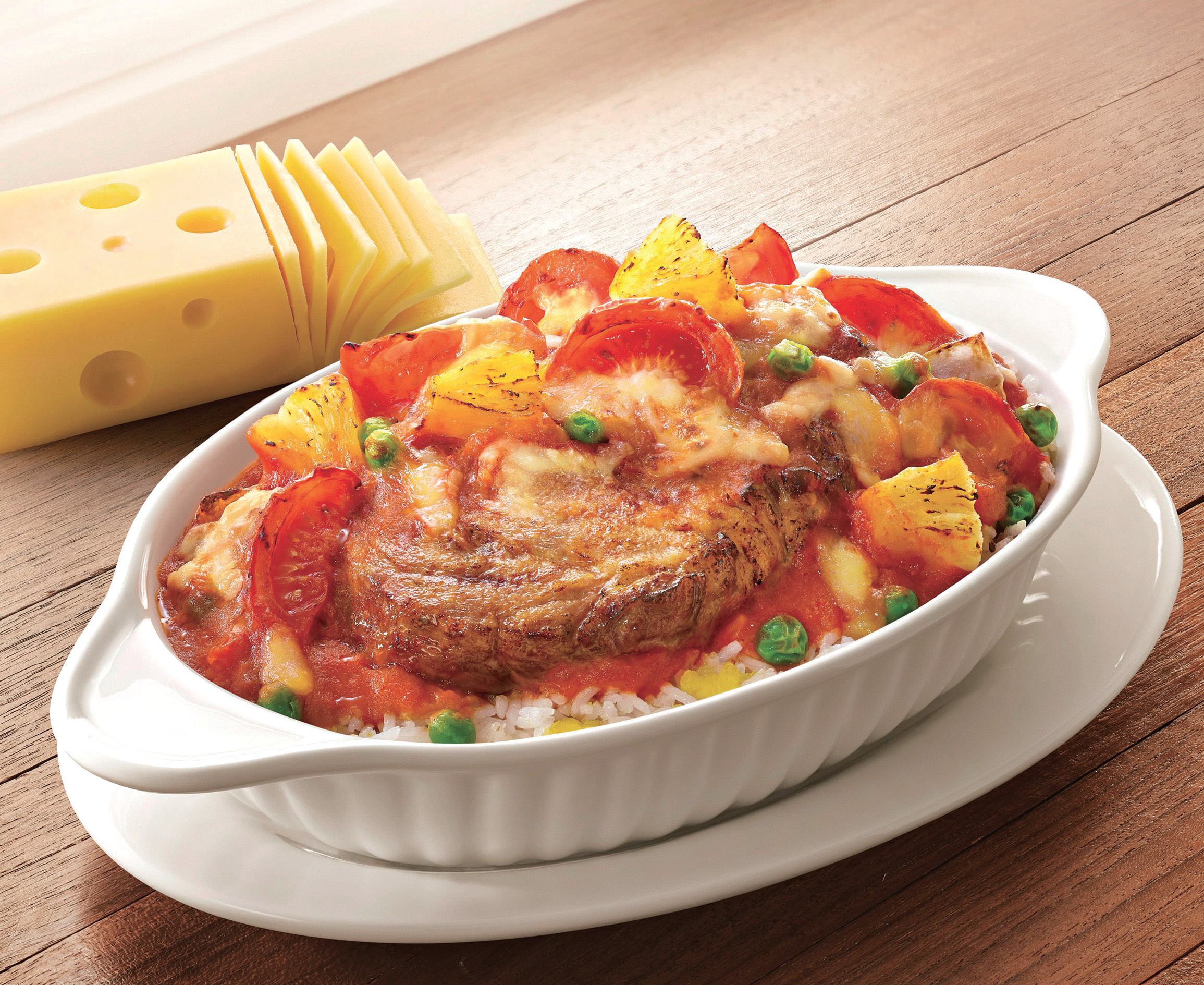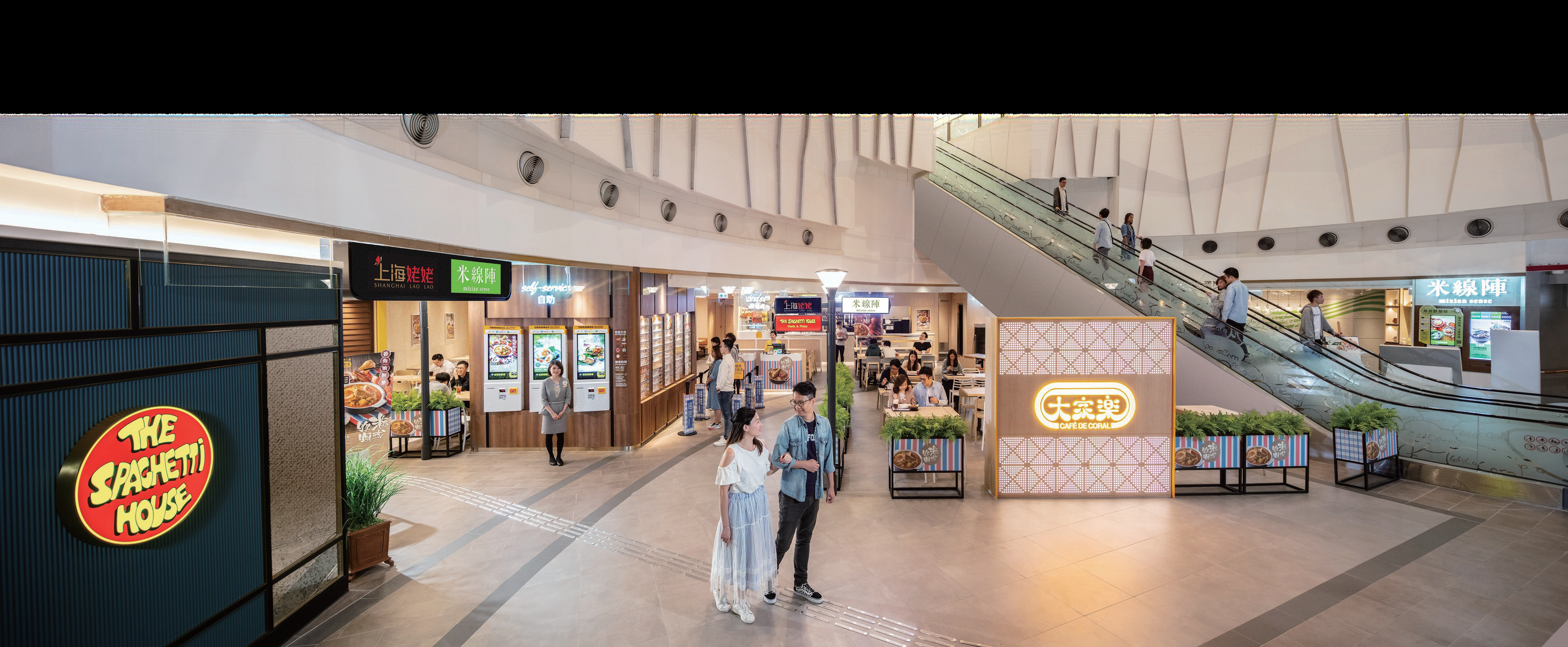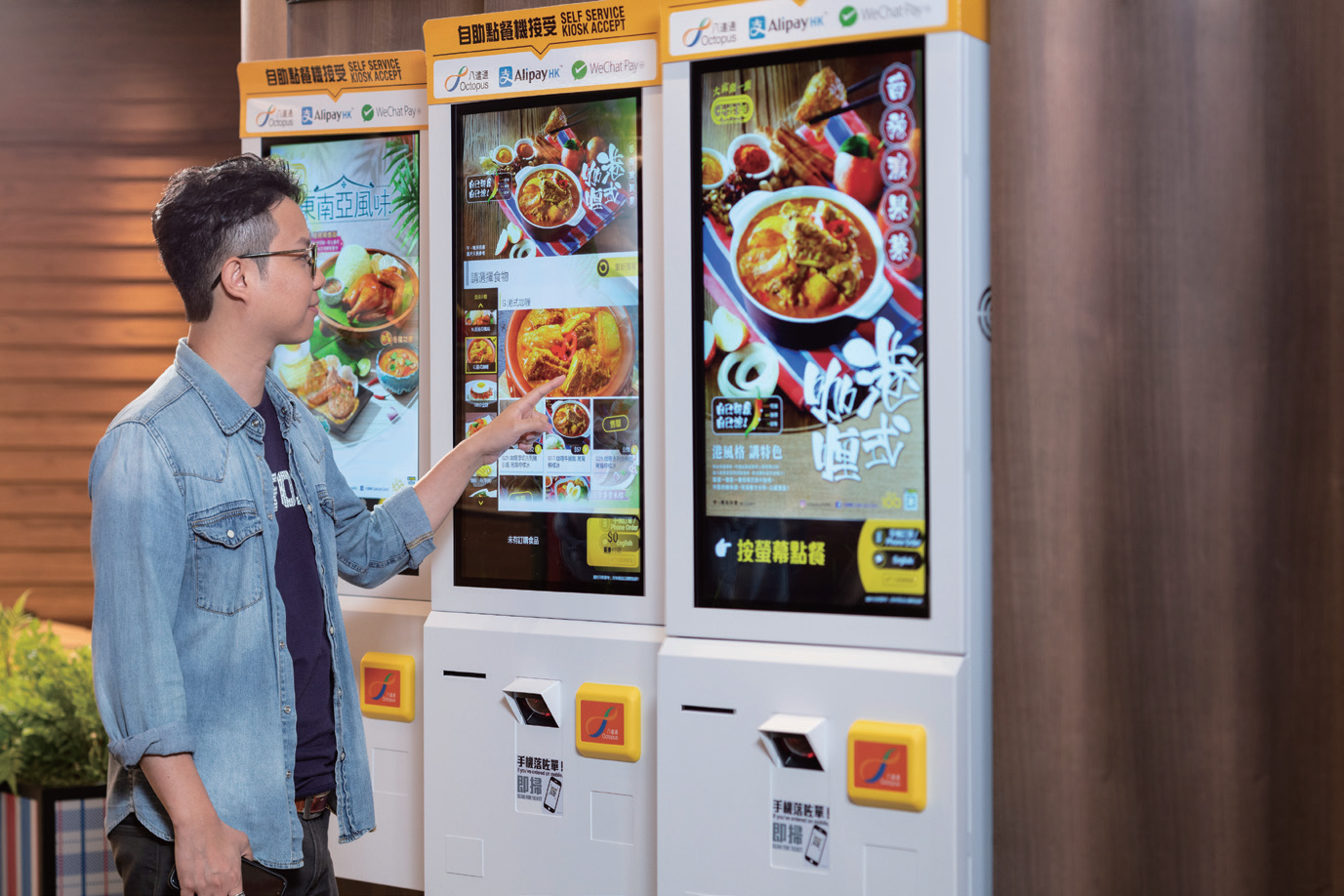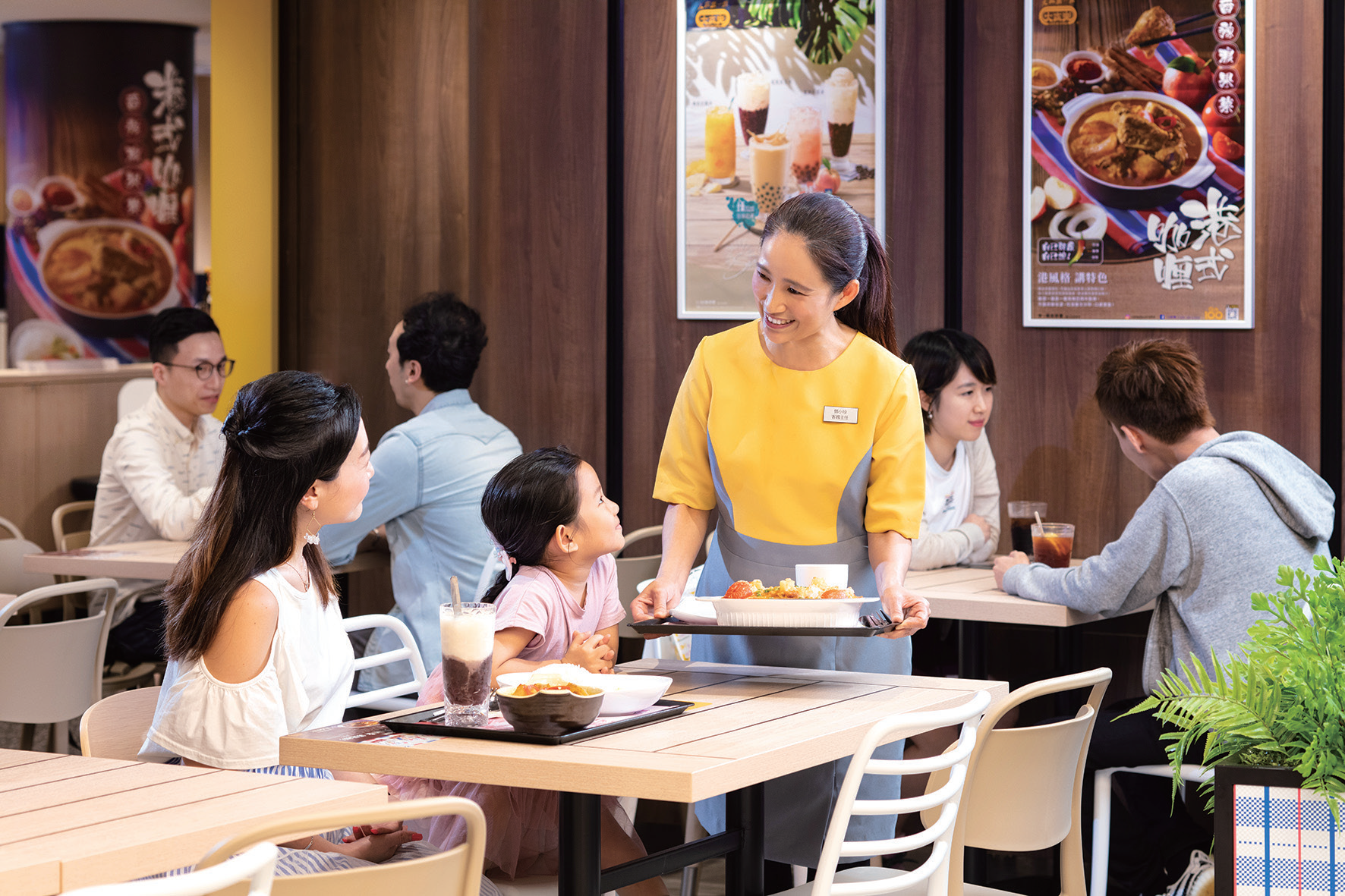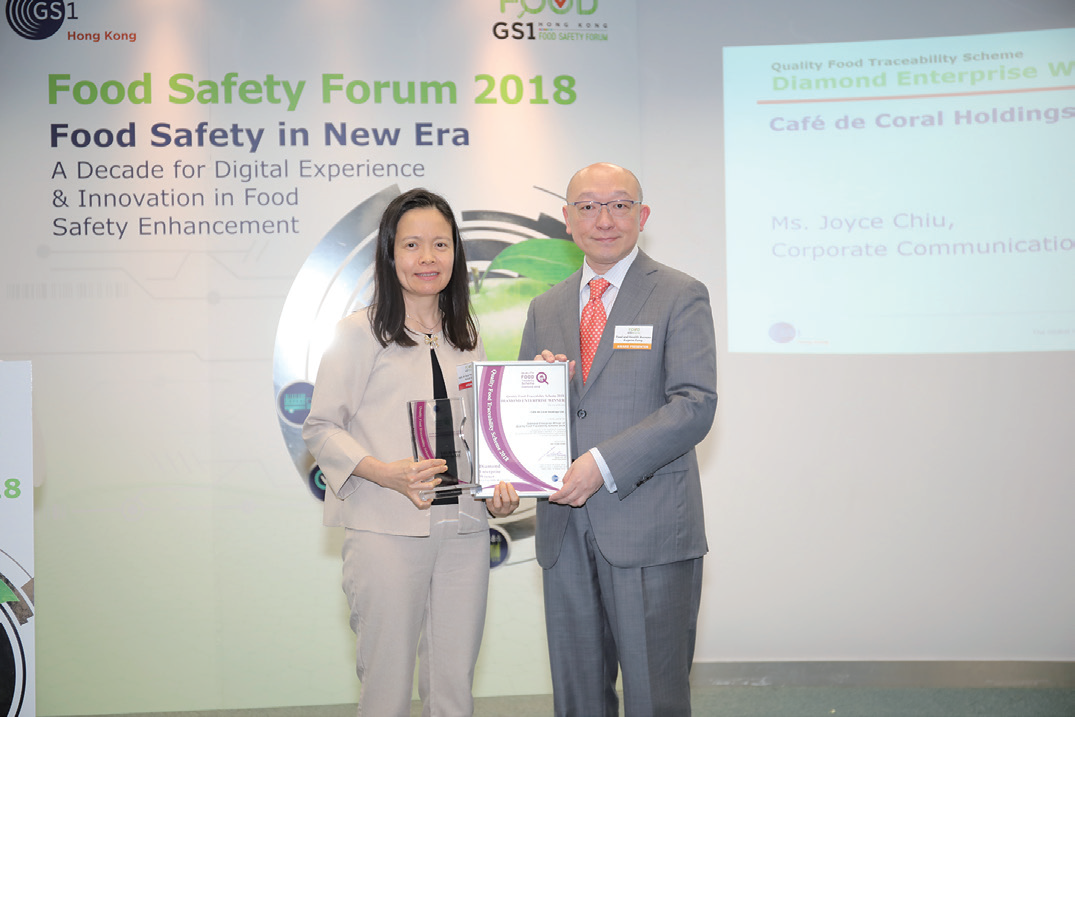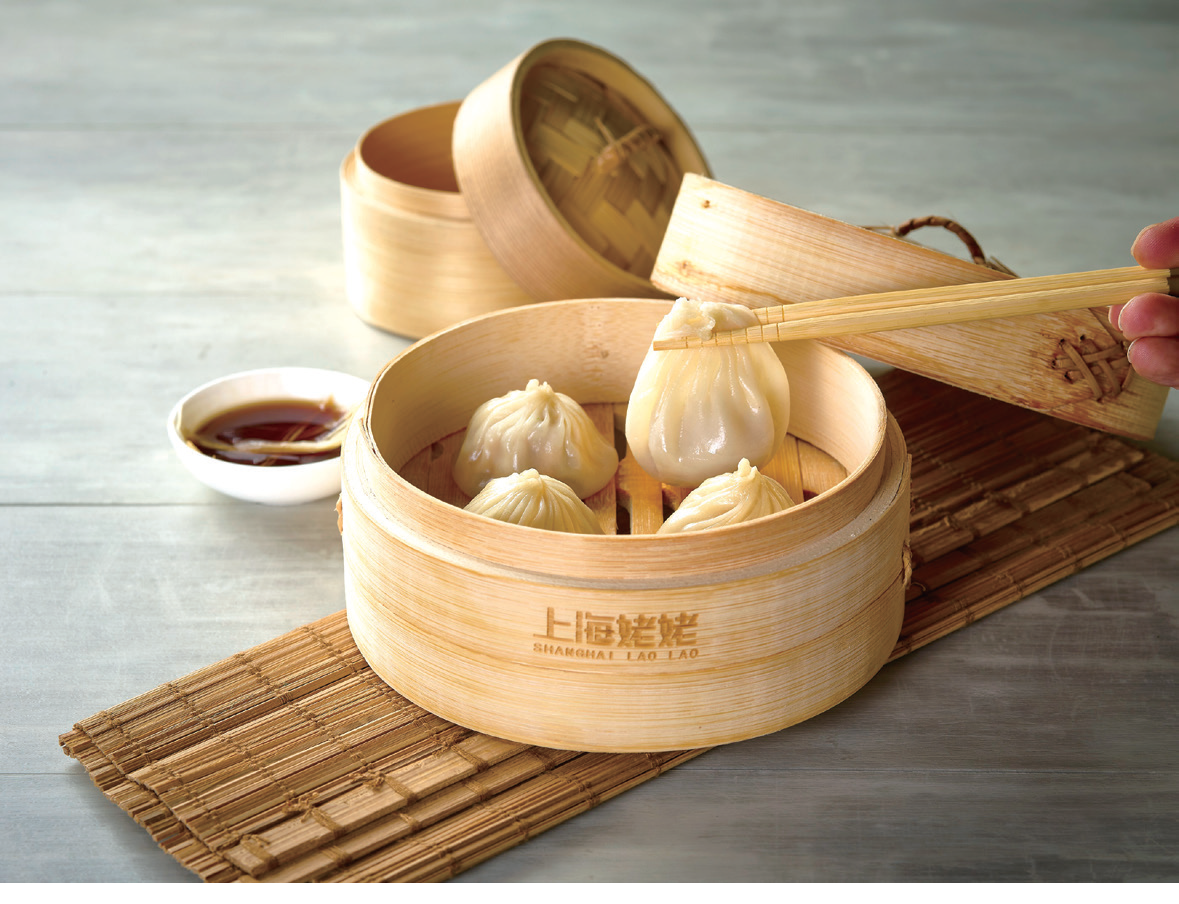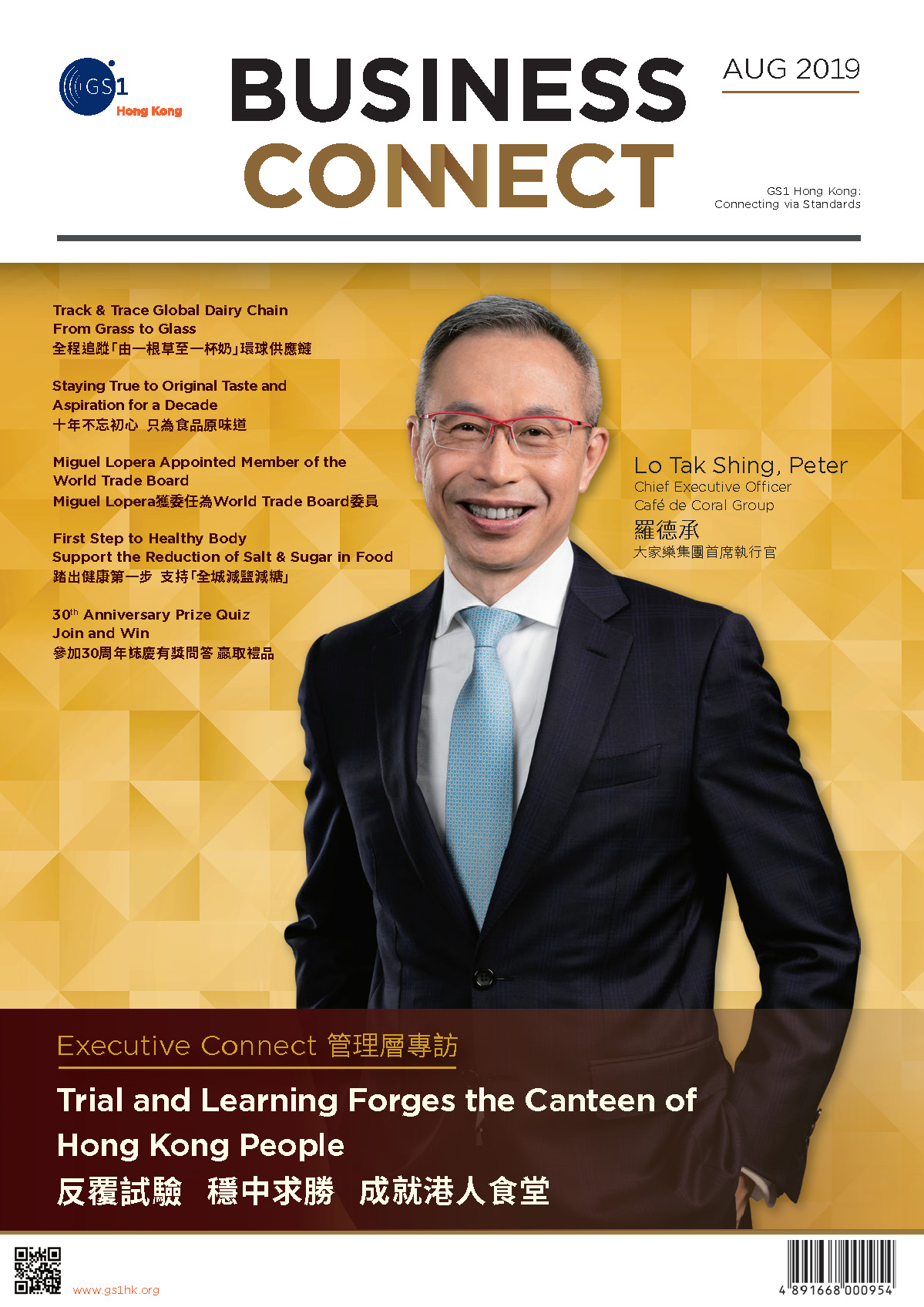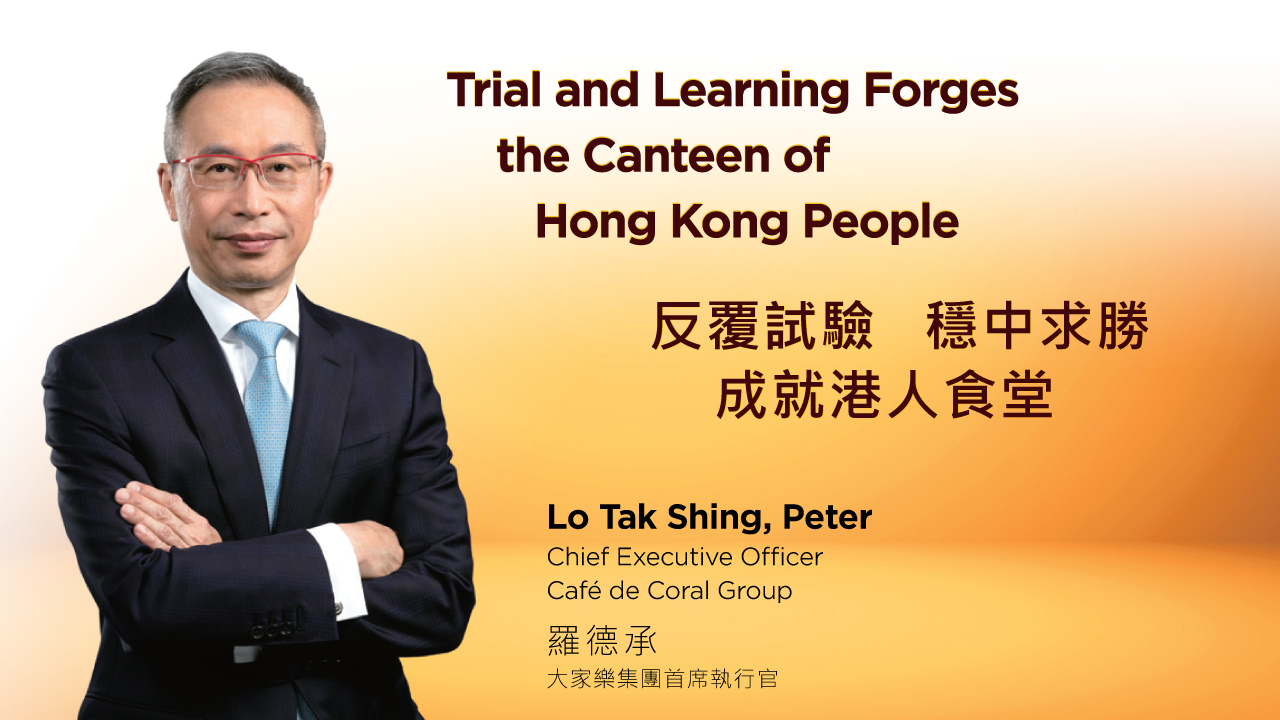
Trial and Learning Forges the Canteen of Hong Kong People
“Fast, nice and value-for-money” has always been the major 3 reasons for Hongkongers to visit fast food restaurants for decades. But as time changes, fast food restaurants have to rejuvenate too to keep up with the dining habits of the new generation to sustain their competitiveness. As the largest Chinese fast food restaurant group in Hong Kong, Café de Coral continues to remain sensitive to market changes. Adhering to the high standards in food quality and service, the Group offered a wide spectrum of catering options to consumers, which eventually consolidate into the current diversified and cross-border business portfolio today.
Fast-Food vs Casual Dining: The Restaurant that Fits Everyone’s Taste
According to Government statistics, the F&B (food and beverage) market in Hong Kong has grown from HKD50 billion by around 2000s, to about HKD120 billion in 2018. Peter Lo, Chief Executive Officer of the Café de Coral Group, revealed that the Group has initiated diversification strategy since the 90s with acquisition of Ah Yee Leng Tong, The Spaghetti House, etc. In addition to the acquisition, the Group has also made great strides into institutional catering business with the launch of Asia Pacific Catering (Hong Kong), and started Japanese fast food business. “Our multi-brand strategy offers consumers numerous dining options that addresses the food culture in the new age. This is the major reason our businesses maintain steady growth in the market. Despite there are gains and losses in between, the learning along the journey has been invaluable to us.”
Café de Coral Group currently runs more than 10 brands and offers a range of food choices such as fast food, western-style, Japanese and traditional Shanghai cuisines, each at a segmented average spending: around HKD40 for Café de Coral; around HKD50 for Mixian Sense; HKD70 for Oliver’s Super Sandwiches; about HKD100 for Shanghai Lao Lao and HKD110 or above for The Spaghetti House.
Running a F&B business in Hong Kong is relatively easy, but serving over 500 meals per day in many stores, with similar food quality and standard across the stores like Café de Coral is definitely hard to run and copy. This is undoubtedly our distinctive feature and strong suit.
He further explained the key to standardised quality is turning food manufacturing processes into Standard Operating Procedure (SOP). These procedures will be divided and allocated to workers in various positions, enabling the Group to deliver the promise of “fast, nice and value-for-money” service.
The Secret Recipe to “Fast, Nice and Value-for-Money”
“Café de Coral’s Central Food Processing Centre would handle operations like food portioning and marinating, thus minimizing the food processing procedures handled at the branches.”
The diverse restaurant brands offer the Group more flexibility in procurement - from finest quality ingredients, to food produce that are affordable with normal standard. With the growing complexity of global food supply chain, consumers are increasingly demanding for better food safety. In addition to complying to the stringent food import regulations by Hong Kong Customs, Café de Coral also visited their global suppliers and examined food samples for quality assurance. Their central kitchen is certified with HACCP and ISO22000, and the Group is named the Diamond Enterprise Winner of “Quality Food Traceability Scheme” in 2018 by GS1 Hong Kong, showing continuous improvements in its food management system year by year as the assessment team suggested. The Food Scheme this year incorporated “Efficient Consumer Response” scoring to ensure company demonstrate full traceability capability from source to consumer, and Café de Coral exhibited high competency in upholding such traceability with the adoption of international standards and technology.
Café de Coral is also a regular patron to innovation. A few years ago the Group adopted ezTRADE, the B2B e-commerce platform by GS1 Hong Kong, enabling electronic commercial documents between the Group and its trading partners along the supply chain, like purchase orders, Advance Shipment Notice and payment instructions etc. The deployment has significantly reduced administrative works and increased supply chain efficiency.
Foodie-Centric Strategies
Peter hinted that self-service kiosk will be rolled out in the Group’s different outlets by phrases, helping to reducing customers’ waiting time and the workload of frontline staff. “We have already launched a mobile ordering app and collaborated with third-party vendors to offer food delivery service. We believe these platforms will only grow as time passes. We have been known for quality and safety for a long time, yet to compete in today’s cut-throat market, I believe customer
experience is the new battleground.”
A revamped customer loyalty programme was launched in 2018, attracting about 500,000 members today. It is offering more benefits to drive repeat purchase and better customer engagement to grow loyalty. The Group also collects limited customer data to support a more targeted market promotion, even though personalisation is not yet offered at this stage. “I consider F&B business at its core is about “Customer Journey”, that’s why one of our foci have been nurturing our talents, fostering their passion and engagement towards the works. This helps us succeed too.”
The Untapped Gourmet Market
Café de Coral China signed a strategic partnership with 8 property developers in Mainland China 2 weeks prior to the interview, aiming to accelerate its expansion in Mainland China, particularly in Guangzhou and Shenzhen. When asked about the importance of Greater Bay Area to the Group, Peter claimed, “We were the industry pioneer from Hong Kong when we opened our first restaurant in Mainland China in as early as 1992. For now, I feel that the Greater Bay Area is undergoing similar changes like Hong Kong in the old days, for example the rapid urbanization, the untapped breakfast and dinner eat-out markets, etc. Sure there will be great potential ahead.”
“The revenue for F&B industry in Guangdong amounts to RMB 400 billion, and the 9 cities in Greater Bay Area accounts for 80% of that market. Café de Coral is in a very unique position in the market, like our famous Hong Kong brand, our solid foundation, our strategic location close to train stations, the localised taste and more. I believe the Group will continue to be ‘the canteen of people’ for each and every city in the Greater Bay Area.”

